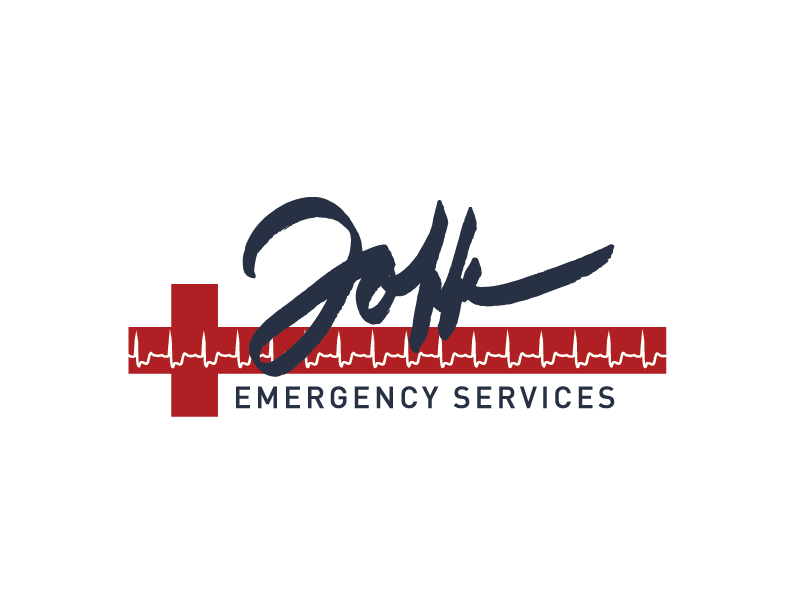It is no small task to manage even the simplest medical needs of an event. Event staff, event attendees, and anyone else who comes to experience or watch your event could require medical attention at some point. Depending on the type of event and the time of year, your medical staff will be kept busy with things like heat exhaustion, hypothermia, and general bumps, cuts, and bruises. More serious medical injuries such as bone breaks and cardiac arrest are of course always top of mind for any event medical team worth their salt.
However, there are additional concerns that must be taken into account if you are in charge of medical planning for your event. Beyond individual medical needs, contingency plans should be developed in the case of a larger-scale emergency. At Joffe, we take pride in a fully figured approach to event safety. What follows in this article are some ways we work with our event partners in order to be prepared for any contingency, and create the safest events in the country.
A safety committee is a great way to acquire a 30,000 feet view of the specific needs of your event, incorporating all variables, from location to time of day to safety challenges the event has faced in the past. If you already have a safety committee, great! Joffe knows how to communicate to all stakeholders, drive plans to completion, and generally take the responsibility of managing the committee off your plate. If you don’t have one, that’s okay too! We’ve built safety committees for our partners before. They assist your organization in managing and mitigating risk, ensure that problems are handled quickly and efficiently, and set up a structure so that your event safety team can dynamically respond in the field.
One element of event safety planning that the safety committee will handle is building an operational medical plan from which your team can operate. Any hazard or emergency you can imagine happening will be planned for in that document. From there, your team can be trained on these contingencies. Doing drills and providing your team with what is expected of them in a moment of crisis is time you won’t regret investing, even if the event goes off without a hitch, as it surely will!
Finally, we at Joffe know that an emergency requires support from everywhere. A medical staffing agency can provide you EMTs, but will they know what to do when things go haywire? All of Joffe’s event safety partners have access to our 24/7 emergency line. No matter where you are, we will support you immediately. That’s the peace of mind you get with a holistic approach to event safety.
If these things sound like they would be a welcome addition to your event planning (or you’re ready to stop thinking about this part of your checklist and are ready for safety professionals to step in), click here and learn more about our event safety programs.
Check out some of our other event safety resources below!
Safety Questions Every Event Must Ask

